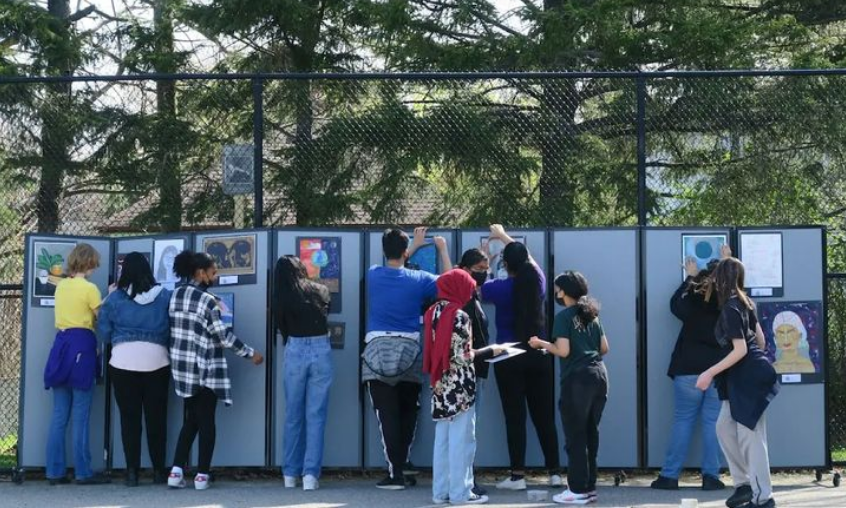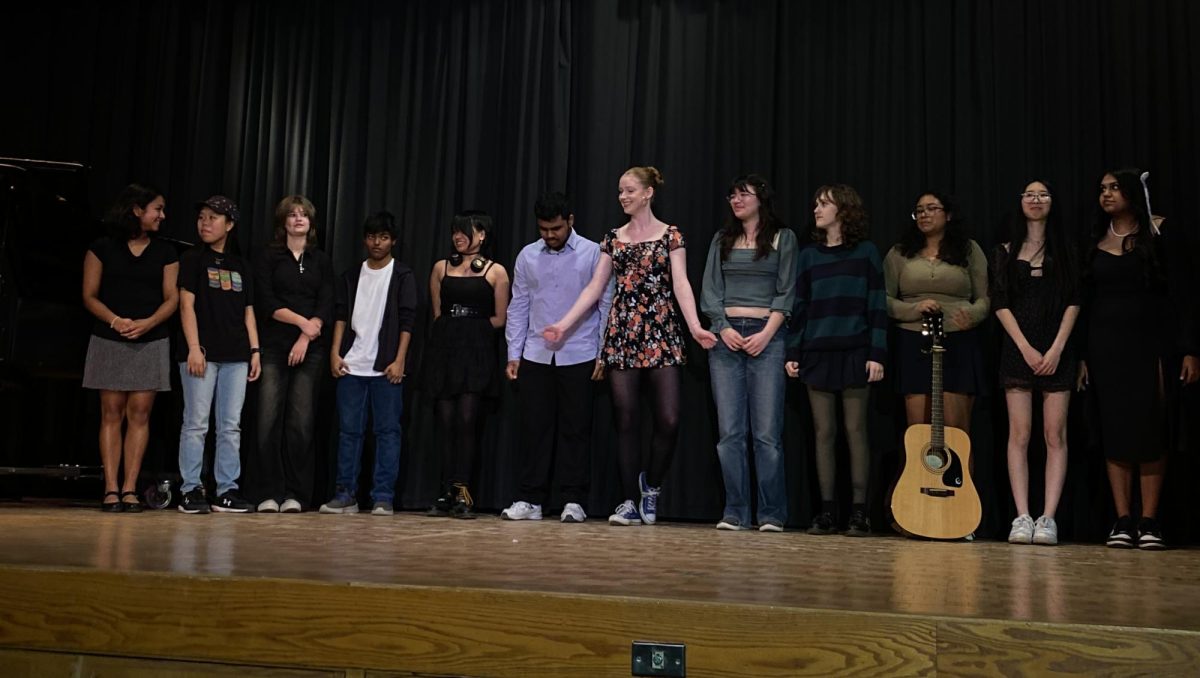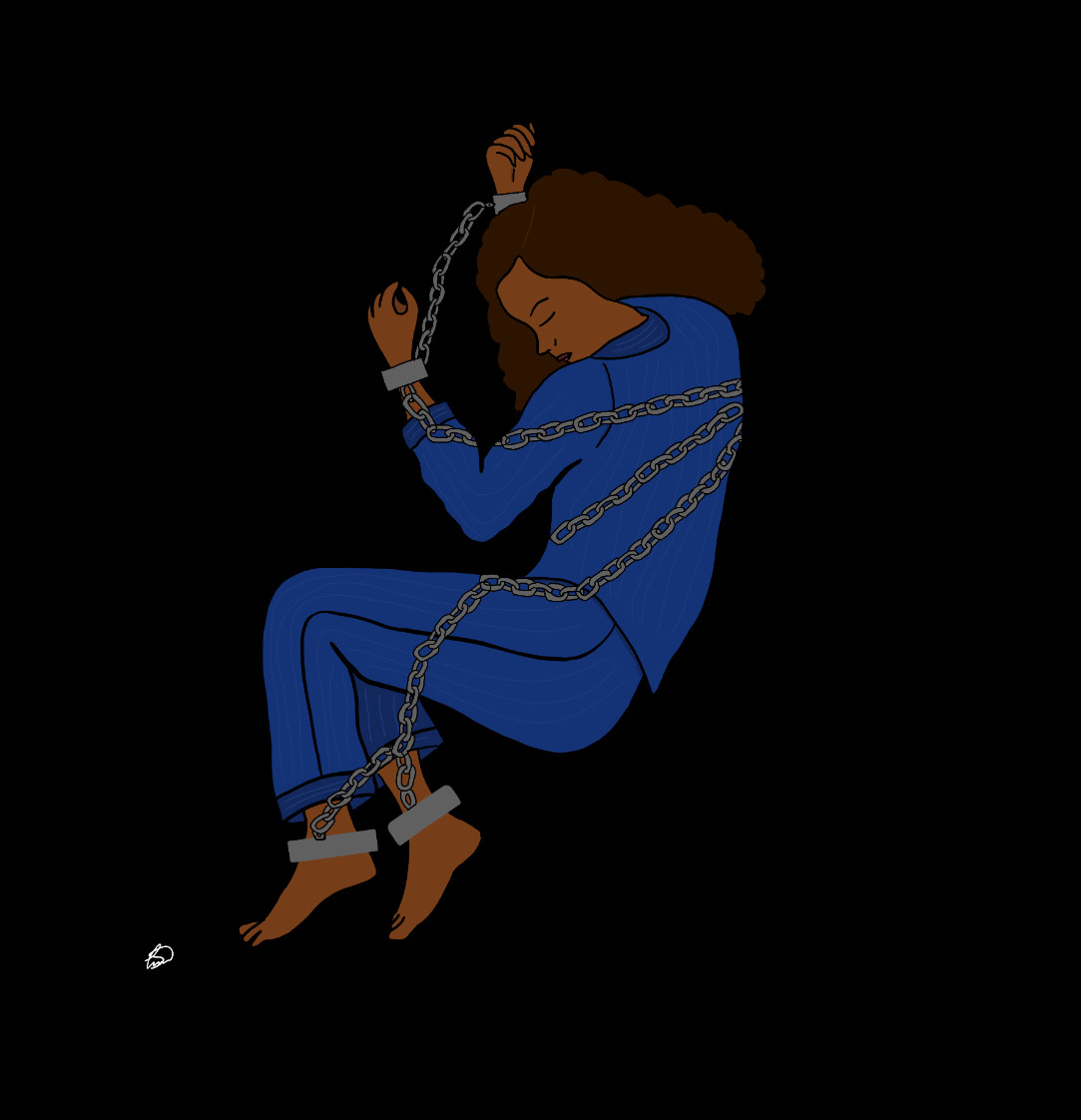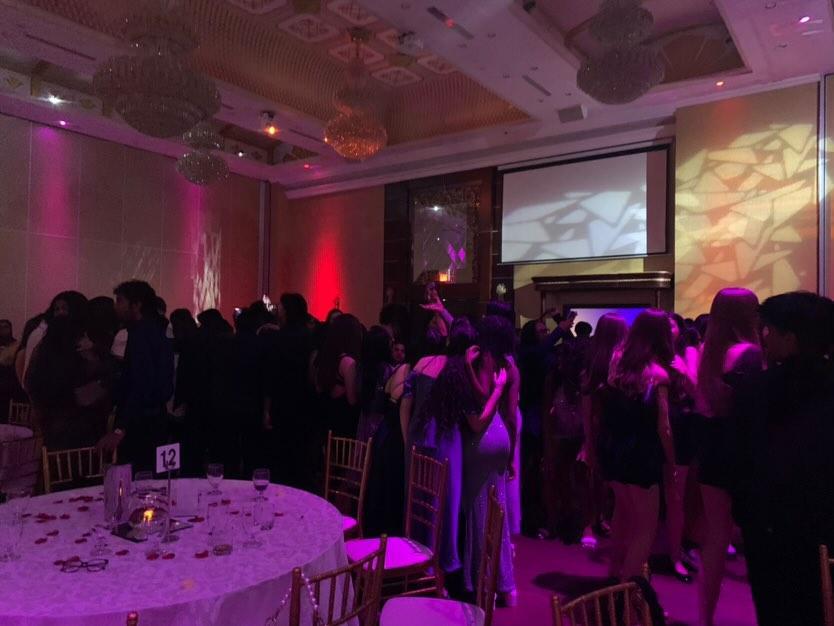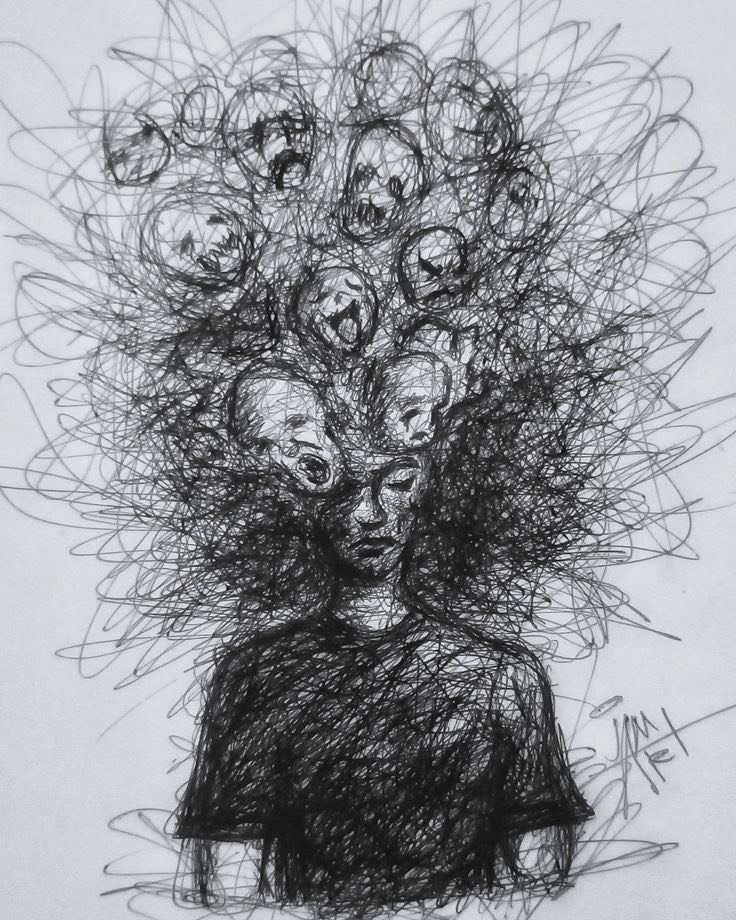This year, many courses were unfortunately dissolved, including Grade 10 Spanish, Grade 12 Writer’s Craft, and Grade 12 Literature Studies. The reason? Lack of student interest. The fading of these courses not only poses a threat to the diversity of educational offerings but also places constraints on students, limiting their ability to pursue their passions and develop a variety of essential skills.
These cancelled courses all share a common thread: their association with the arts, particularly in linguistic and literary studies. While these subjects may be unpopular, it is important to note the root of student disinterest. In this current age, it’s clear that the world prioritizes efficiency, work, and success, with a decline of focus on creative arts and culture and ultimately, the glorification of STEM courses and careers.
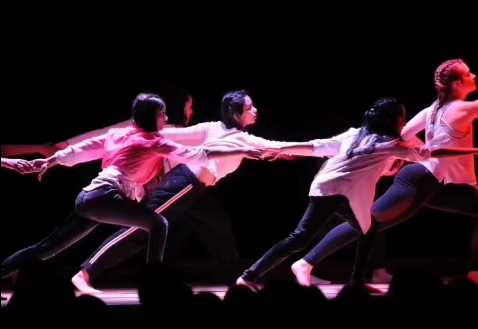
The romanticization of STEM subjects, often driven by both societal expectations and economic pressures, inadvertently contributes to the devaluation of arts education. The all-too-common narrative spun by parents of the importance of math and science has overshadowed the social value of the arts, along with suppressing student growth in culture, empathy, and, most importantly, critical analysis. The constant discouragement—whether from peers, teachers, or parents—influences developing teenagers to steer away from humanities, despite their personal feelings.
With society’s current emphasis on results, many students stray from taking new opportunities, sticking to what they are comfortable with. “I think students avoid learning languages and other skills because they don’t want to challenge themselves; they would rather choose what’s easy. If this is true, I think it’s sad because, if you go through life just choosing what is easy, you will miss opportunities of achieving self-fulfillment and finding your passion,” says Mr. Bodor, the teacher of the cancelled Grade 10 Spanish course. Students’ prevailing fear of failure and of exiting their comfort zone causes them to shun courses that, despite their challenges, offer genuine passion and enjoyment.
As the offerings of arts courses diminish, the learning opportunities and the well-roundedness of students get stifled, ultimately to their detriment. Those who excel in non-conventional subjects are losing essential creative outlets for growth. While the interest in arts and literature courses may be niche, they specialize in important topics that benefit those taking them.


